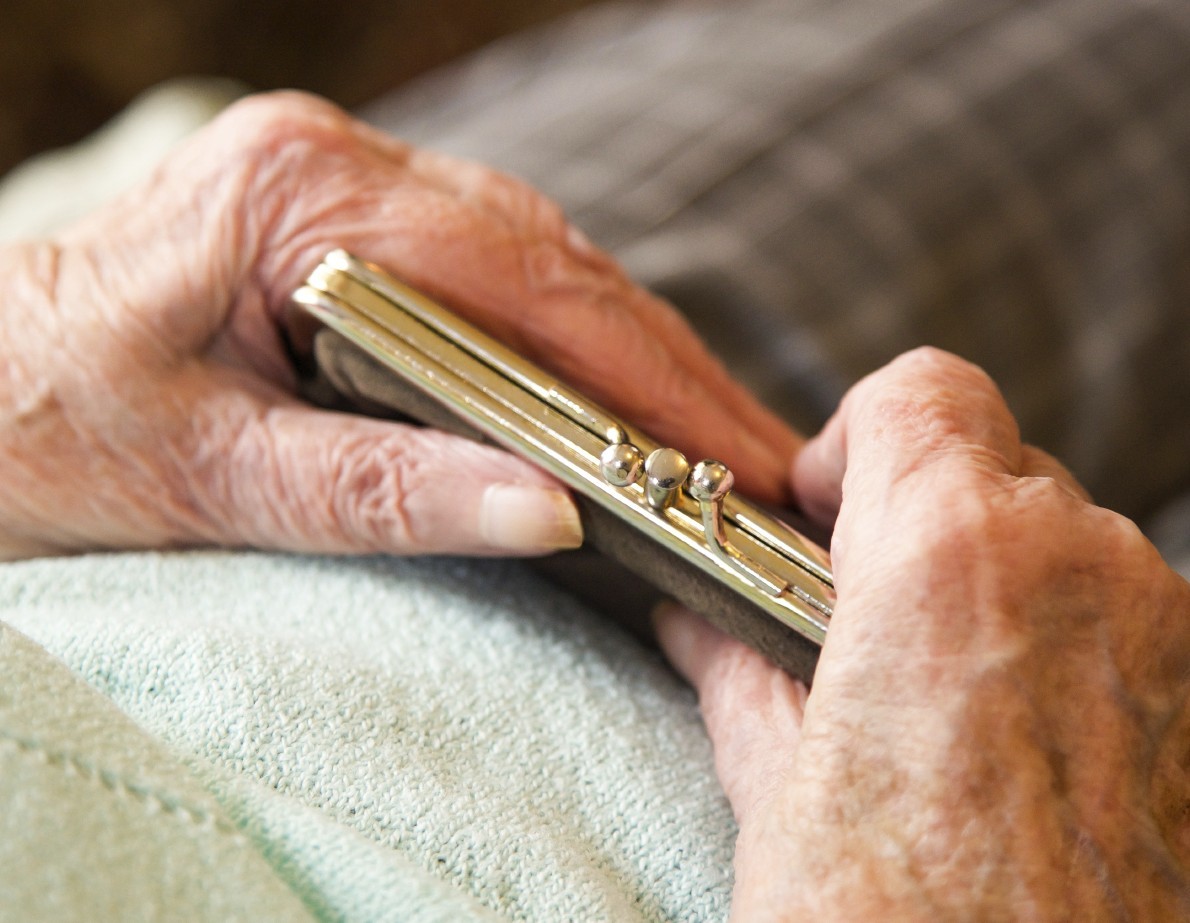
As MPs prepare to debate the pension age issue again this week a leading poverty expert has warned that the women who most rely on their state pension are the same people most likely to die before retirement age.
With women waiting longer for their pension and some forced into poverty by the changes, it’s likely more will miss out despite paying in all their lives.
Joanna Mack, a fellow of Bristol and the Open Universities, conducted the largest-ever study into poverty in the UK. She said: “Those most dependent on state pensions will be the most likely to die early and the most likely to have disabilities as they get older.”
And she explained how postponing the pension age could cause health problems. She added: “For many people coming up to retirement the delays to the pension badly affect them in that they have no other source of income to draw on and they have no savings and so, if they can find a job, they are forced to try to continue working even if their health is poor.”
Legislation passed in 1995 increased women’s retirement age from 60 to 65 in line with men. The changes were to be phased in from 2010 onwards.
However, many women claim they were never informed that their retirement age was to be increased and they were hit by a double whammy in 2011 when Chancellor George Osborne sped up the process of increasing the pension age to 66 for everyone.
The Sunday Post has been contacted by scores of angry women who’ve seen their financial security ruined.
READ MORE
Mhairi Black pledges to continue pensions fight
Betrayed by pension reforms: Thousands of women left desperate as changes force them to keep working
View all of our extensive coverage of pension reform – click here
A campaign to challenge the Government’s refusal to make transitional arrangements, Women Against State Pension Inequality (Waspi), has attracted more than 100,000 signatures to an e-petition set up on the government website triggering tomorrow’s debate.
It’ll be the fourth time the issue has been discussed in parliament in less than two months.
Waspi founder Anne Keen said: “We’re delighted that the debate is taking place, in direct response to the number of signatures on our parliamentary petition, currently standing at 135,511. This figure indicates the huge strength of feeling among those women aggrieved by the actions of successive governments, as well as those who wish to see justice done.
“We strongly urge the Government to act positively, as this issue will not go away. A first step would be to meet with Waspi representatives, rather than merely fielding a Government
spokesperson to restate a political line.”
The Government will face cross-party criticism in tomorrow’s debate.
Labour’s shadow pensions spokeswoman, Angela Rayner, said: “The Tories’ poorly handled state pension age reforms have had a terrible impact on many women. By accelerating the rise in women’s state pension age and failing to communicate the changes properly, many are now desperately worried about their retirement plans.
“The Tories appear to be slamming the door in the face of the women.”
SNP pensions spokesman Ian Blackford said: “The government must stop stonewalling and act. The SNP proposal of an independent pensions commission is a non-party political way of exploring all the issues and looking at exactly what could be done to help.”
Analysis
When MPs debate the changes to women’s pension age tomorrow it’ll be the fourth such discussion since the start of December.
Each has been brought by different politicians – from veteran broadcaster Joan Bakewell to baby of the House Mhairi Black – who have used different tactics to secure time for debate.
But the common denominator has been the Government’s refusal to budge.
After sob stories and strong arguments, Conservative ministers have trotted out lines about how equalising the pension age is fair and that the new state pension will be great. The former is not in dispute, the latter is very much open to interpretation.
But tomorrow’s debate is different because it has been scheduled in response to popular pressure, a petition more than130,000 signatures strong.
The Government must respect that mandate.
After the arguments have been restated, the minister must offer a proper response addressing the issues and, hopefully, offering a way forward to resolve a cause that is clearly not going away.

Enjoy the convenience of having The Sunday Post delivered as a digital ePaper straight to your smartphone, tablet or computer.
Subscribe for only £5.49 a month and enjoy all the benefits of the printed paper as a digital replica.
Subscribe